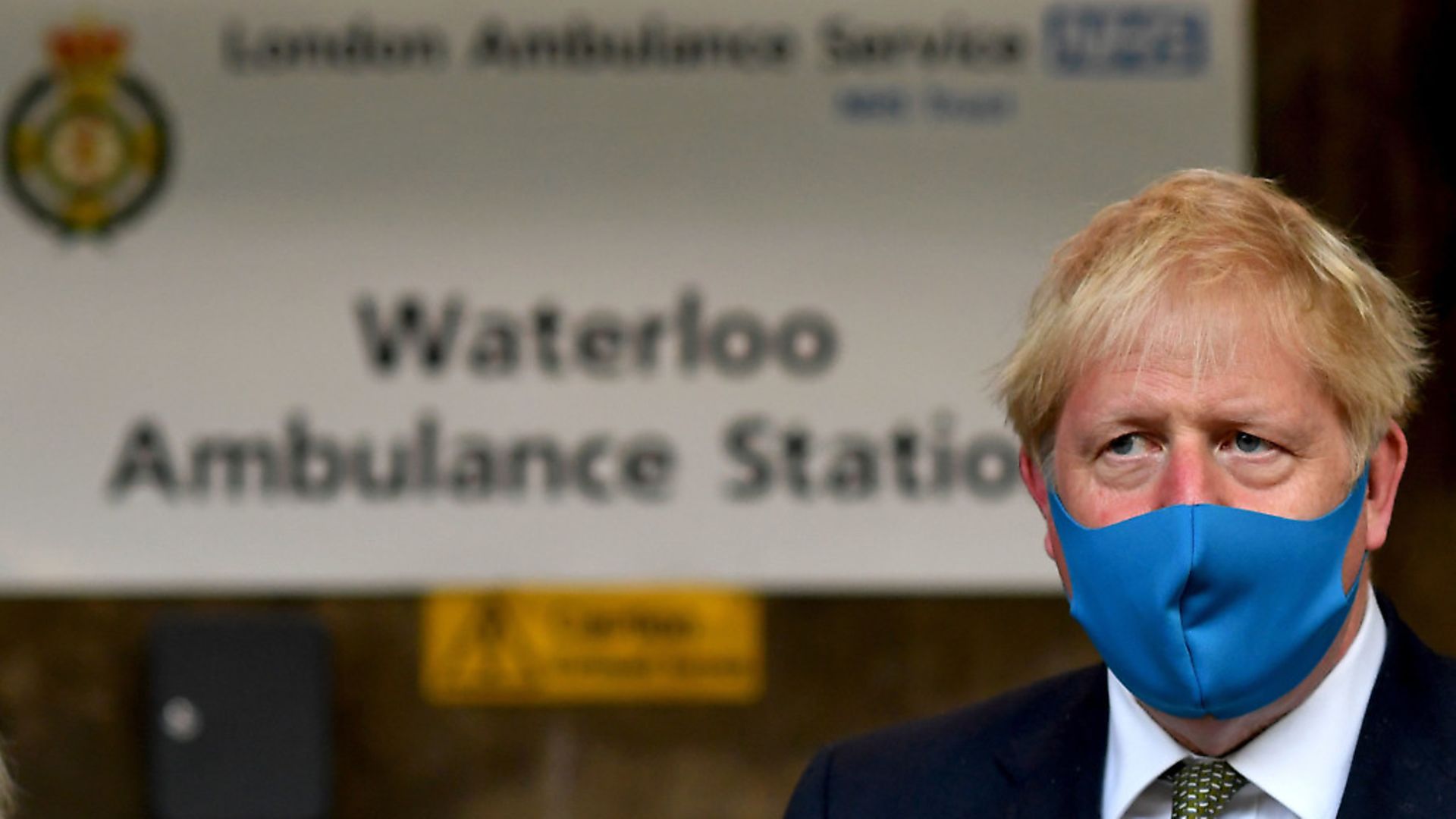
A second wave of coronavirus this winter could be more serious than the first, with scientific advisers warning the government it could lead to 120,000 deaths in the ‘reasonable worst-case scenario’.
A new report from the Academy of Medical Sciences, commissioned by the government’s chief scientific adviser Sir Patrick Vallance, says action must be taken now to mitigate the potential for a second peak of Covid-19.
It argues that hospitals could potentially see 120,000 Covid-19 deaths in between September and next June at the same time as battling a surge in demand due to usual winter pressures, including flu.
The report, from 37 scientists and academics, acknowledges there is a high degree of uncertainty about how the Covid-19 epidemic will evolve in the UK over the coming months, but sets out a ‘reasonable worst-case scenario’ that would see the R rate rise to 1.7 from September.
The R refers to the number of people an infected person can be expected to pass the virus on to.
Have your say
Send your letters for publication to The New European by emailing letters@theneweuropean.co.uk and pick up an edition each Thursday for more comment and analysis. Find your nearest stockist here or subscribe to a print or digital edition for just £13. You can also join our readers' Facebook group to keep the discussion and debate going with thousands of fellow pro-Europeans.
The academic modelling suggests there could be a peak in hospital admissions and deaths in January and February 2021, similar to or worse than the first wave in spring 2020. It does not include deaths in the community or care homes.
The figures do not take account of government intervention to reduce the transmission rate, or the use of the drug dexamethasone in intensive care units, which has been shown to cut deaths.
Professor Stephen Holgate, a Medical Research Council clinical professor of immunopharmacology who led the study, said: ‘This is not a prediction, but it is a possibility.
‘The modelling suggests that deaths could be higher with a new wave of Covid-19 this winter, but the risk of this happening could be reduced if we take action immediately.
‘With relatively low numbers of Covid-19 cases at the moment, this is a critical window of opportunity to help us prepare for the worst that winter can throw at us.’
He said action that was needed before winter sets in included flu vaccination for the vulnerable and health and social care workers.
NHS Test and Trace must be ‘upscaled in the winter’, he added, saying more people will need to be tested as winter illnesses can often have similar symptoms to Covid-19.
He also called for a ‘rapid system of monitoring’ in the UK to stop local outbreaks when they occur.
Prof Azra Ghani, chair in infectious disease epidemiology at Imperial College London, who worked on the study, said the 120,000 deaths figure was not a prediction but could happen.
‘(We tried) to capture something that we think might happen if absolutely everybody almost forgot about Covid, started going back to our old ways and we started to move around in the same way,’ she said.
‘It doesn’t mean we think it’s likely to happen, it’s really to get a sense of what it could look like and why we must remember Covid has not gone away… and why we must act now.’
She said the virus was known to spread more easily indoors ‘and, of course, during the winter, we spend far more time indoors than we do during the summer’.
She added: ‘In addition, we’re less likely to have our windows open, doors tend to be closed to keep out the cold, and that will again enhance transmission.
‘It’s also possible that the virus itself could survive for longer in colder conditions.’
Dame Anne Johnson, professor of infectious disease epidemiology at University College London and vice president of the Academy of Medical Sciences, said there was a need for a ‘powerful public information campaign’ in the run up to winter.
‘Everybody needs to realise that Covid-19 hasn’t gone away, and therefore everybody can help reduce transmission by social distancing, by the wearing of face coverings as a social norm, by good respiratory and hand hygiene and the right level of heating and ventilation in our homes,’ she said.
The report said NHS and social care facilities must continue with Covid-19 and Covid-19-free zones, and ensure there is adequate personal protective equipment (PPE) for staff, alongside testing and infection control measures.
It comes after health secretary Matt Hancock told the National Pharmacy Association’s conference on Monday that the Government had procured enough flu vaccine to roll out the ‘biggest flu vaccine programme in history’.









